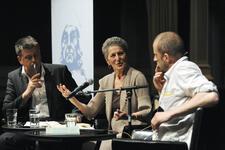Education: Women’s and Gender Studies
Academia in Israel
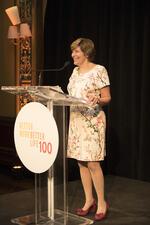
Advancing Women Professionals in the Jewish Community
Advancing Women Professionals and the Jewish Community (AWP) was founded by Shifra Bronznick in 2001 as an intervention “to advance Jewish women into leadership, stimulate new models of shared leadership, and promote policies for healthy, effective workplaces.” Over fifteen years, AWP conducted groundbreaking research and adapted strategies from other sectors that engaged women and men in decisive, systems-based change.
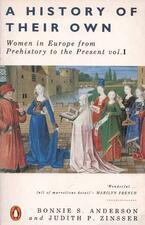
Bonnie Anderson
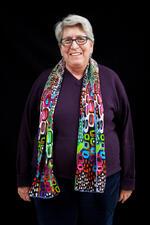
Bettina Aptheker
Bettina Aptheker is an American feminist, writer, educator, and political activist. She advocated for racial justice, studied and taught African American women’s history, and founded the Feminist Studies department at the University of California at Santa Cruz.
Art: Representation of Biblical Women
For centuries, art has portrayed biblical women in ways that reflect society’s attitudes towards women and their role. Depictions of female biblical figures fluctuate according to historical and social perceptions. Jewish art often features heroic and worthy women who, through their courageous deeds, helped to triumph over Israel’s enemies.
Dora Askowith
Dora Askowith, author, historian, and college educator, believed that a knowledge of Jewish women’s history would serve as a catalyst for organization, activism, and moral leadership. She taught women at Hunter College for a total of forty-five years and wrote that she was anxious to teach college students Jewish history because they were “poorly versed in the history of their own faith.”
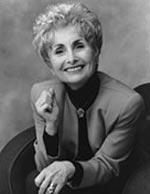
Ba'alot Teshuvah: Jewish Women Who Become Orthodox

Barren Women in the Bible
The Hebrew Bible tells six stories of barren women: three of the four matriarchs (Sarah, Rebekah, and Rachel); the unnamed wife of Manoah/mother of Samson; Hannah, the mother of the prophet Samuel; and the Shunnamite woman, an acolyte of the prophet Elisha. Each woman suffers a period of infertility, in some cases exacerbated by the presence of a fertile, though less beloved, rival wife. Eventually, God intervenes and the woman conceives, but the beloved son is then dedicated back to God, either in service or in sacrifice.
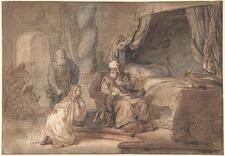
Bathsheba: Bible
Bathsheba is the married woman whom King David takes in adultery and who, though initially passive, becomes the pivotal figure in his downfall. The king has Bathsheba’s husband, Uriah, slain in battle and then takes her as a wife. While her first child, conceived in adultery, dies, the second, Solomon, becomes heir to the throne as a consequence of Bathsheba’s maneuverings.
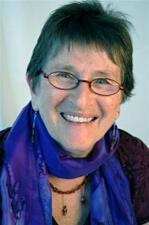
Evelyn Torton Beck
Jessie Bernard
Sociologist Jessie Bernard’s feminist epiphany came at age 67 in 1969, but her earlier work anticipated feminist theory by discussing the differences between men’s and women’s experiences and arguing that quantitative studies did not accurately represent women’s stories.
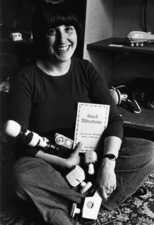
Joani Blank
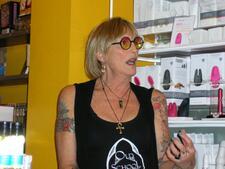
Kate Bornstein
Kate Bornstein is a pathbreaking transgender lesbian activist, theorist, and performance artist. She is known for tackling social ills and personal pain with joyful optimism.
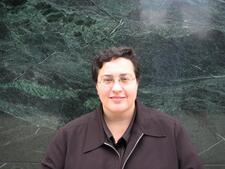
Marla Brettschneider
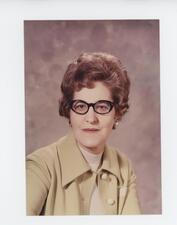
May Brodbeck
May Brodbeck, whose career in the sciences ran the gamut from teaching high school chemistry to exploring fundamental philosophical questions about the nature of human consciousness, was among the foremost American-born philosophers of science.
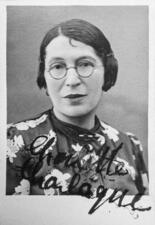
Charlotte Charlaque
Charlotte Charlaque was a transgender trailblazer, actress, and translator in Weimer Berlin and post-Shoah New York City.

Phyllis Chesler

Hélène Cixous
Jewish-Algerian-French writer Hélène Cixous published her first book in 1967 and approximately her eighty-seventh in February 2021. This “life writing” comprises poetic fiction and autobiography, literary and feminist theory, art criticism, and theatrical works. Cixous explores the myriad contradictions and consequences of loss and exile, of “being Jewish” and “being a woman.”
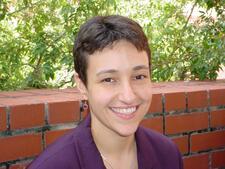
Tamara Cohen
Rose Laub Coser
Sociologist Rose Laub Coser redefined major concepts in role theory—the idea that our actions are largely dictated by our roles in society—and applied them to expectations of women’s roles in the family and the workplace.
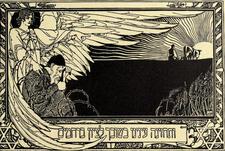
Daughter Zion (Bat Tzion)
“Daughter Zion” or “Fair Zion” (in Hebrew bat tzion) is the personification of Jerusalem in poetic and prophetic literature. Initially, the city is positively likened to a daughter, protected under God’s special regard, but later, under the Babylonian siege, she is devastated, even ravaged. However, when Jerusalem is rebuilt, the daughter is forsaken no longer, returning to God’s grace in the prophecies of consolation.
Annette Daum
A deeply religious feminist, Annette Daum dedicated her life to two causes: interfaith dialogue and feminism. Among other leadership positions, she coordinated interreligious affairs at the Union of American Hebrew congregations, edited the journal Interreligious Currents, and organized various task forces focused on gender equality and Jewish-Christian feminist dialogue.
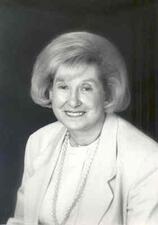
Florence Levin Denmark
Florence Levin Denmark helped found the field of women’s psychology and built crucial support for it in academic circles.

